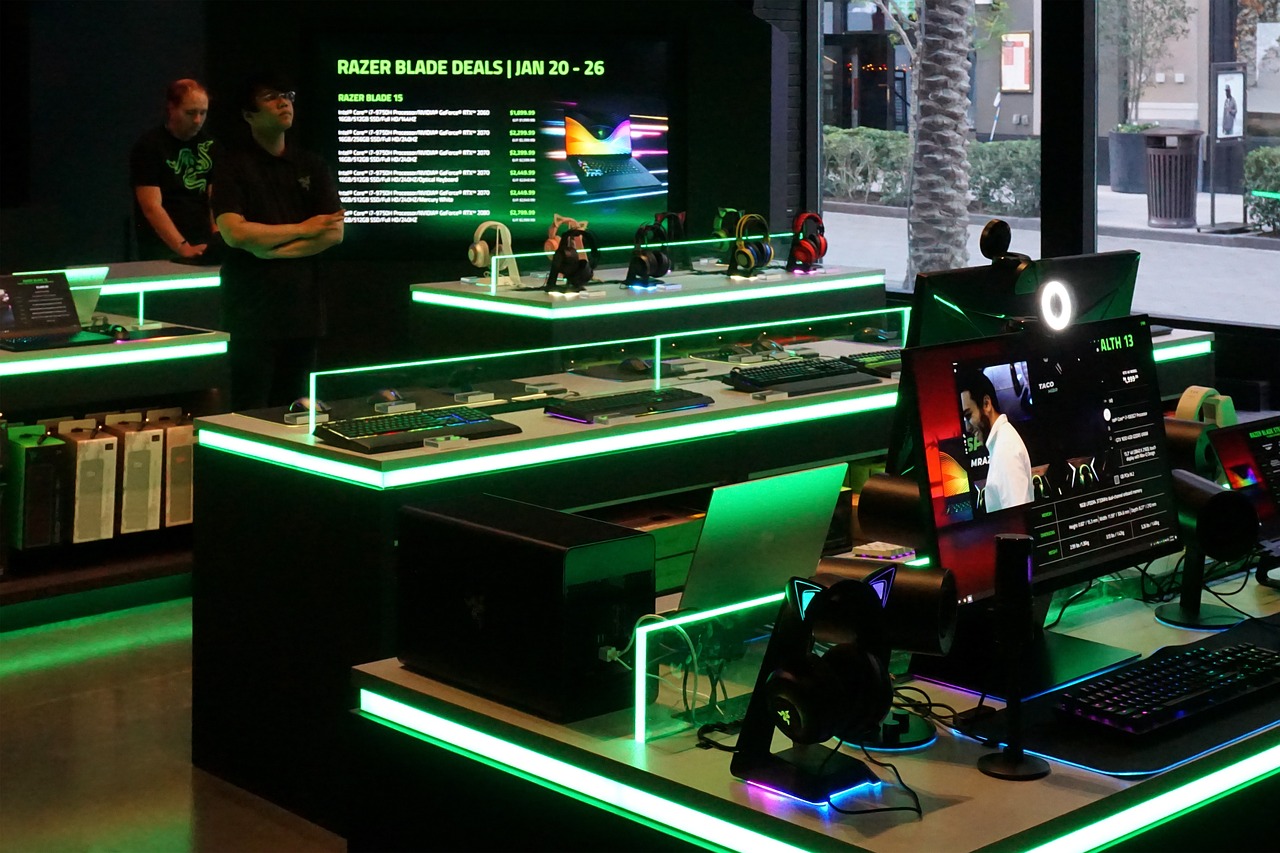Unity, a game developer known for their game ‘The Pale Beyond’, recently made an announcement that has sent shockwaves through the industry. Starting from January 1st, game developers using Unity will be required to pay thousands of dollars per download. This news has far-reaching implications for studios like mine, as well as for the gaming community as a whole.
One possible outcome of this new policy is that players will have to bear the burden of increased monetization. In order to offset the costs imposed by Unity, developers may resort to implementing more microtransactions in games. This could result in games being less content-rich or more expensive to play.
The concerns raised by this policy are not unfounded. While Unity’s technical capabilities are commendable, their focus on venturing into other industries and making questionable business moves is troubling. Unreal Engine, on the other hand, continues to progress and evolve. It is clear that Unity needs to reassess its priorities and cater more closely to the needs of game developers.
This recent development is reminiscent of a rebellion among developers that I discussed in a previous video on this channel. However, the current situation is even more dire. To emphasize the gravity of the issue, I would like to quote John Riccatello, the CEO of Unity and former executive at Electronic Arts. He once suggested that players should be charged a dollar for every reload in a game, assuming they are invested enough to be comfortable with such a fee. This statement underscores the mindset behind Unity’s new policy, and it is cause for concern.
In conclusion, Unity’s new policy regarding payment per download will undoubtedly have profound repercussions on the game development industry. The burden of this cost is likely to be passed on to players through additional microtransactions or higher game prices. It is crucial for Unity to reevaluate their priorities and prioritize the needs of game developers to ensure a sustainable ecosystem for both studios and players alike.


